Why are we running this project?
A socio-ecological transition is needed to address the biodiversity and climate crises. For such a transition to succeed, civil society actors must be able to support and help shape the process – a task for all of society. Associations and trade unions can play a crucial role in overcoming the tension between social aspects and environmental protection, facilitate communication on various dimensions of inequality, and actively participate in political decision-making and social policy-making work. To this end, associations need greater capacity (including for action), both to tackle new areas of activity and build alliances with a range of civil society organizations.
What are our goals?
As things stand, organized civil society associations and trade unions predominantly focus on exerting influence on politics and society in their specific fields. Such an approach is, however, rather segmented and no longer meets the needs of this essential wide-reaching transition. What is needed now is integrated approaches, new alliances, and broader socio-political positioning.
This project from the Institute for Ecological Economy Research aims to intensify and consolidate communication between environmental, social, and welfare organizations, as well as trade unions on shared goals and how a socio-ecological transition could develop. Equally, it hopes to use joint reflection to enrich understanding. As a result, civil society organizations should become more open to cooperation, take a broader view of the challenges at play, and leave associational ‘silos’ behind. Ultimately, these processes of communication should establish a series of transition stages with full joint support as well as collaboratively developed recommendations for the political process.
How does the project work?
The project ties in with current association discourse and existing association activities, and relevant topics are identified together with the associations. Next, an overarching discussion space (meta-workshop) is created to discuss the socio-ecological transition, complemented by the launch of an action-point-focused initiative. The topic of this initiative will be decided at the end of the first phase of the project. All processes will include research and evaluation and should culminate in a series of political recommendations with mutual support.
Who are the target groups?
The project is primarily aimed at civil society associations, in particular those working on social, welfare, and environmental issues, as well as trade unions. It also hopes to include migrant organizations and actors from the care movement.
Where does the project take place?
In Germany.
Who organizes and supports the project?
Institute for Ecological Economy Research (IÖW).
